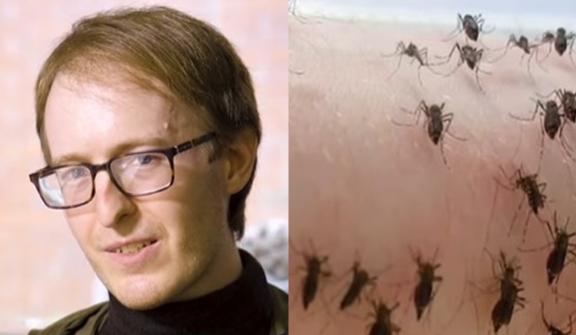
Dr. Perran Ross, also known as the ' Mosquito Man’, intentionally allows thousands of mosquitoes to bite him every day.
In a world where most people go to great lengths to avoid mosquito bites, mosquitoes are considered one of the deadliest animals on the planet due to their role in spreading diseases like malaria.

However, Dr. Perran Ross, an experimental biologist, willingly allows thousands of mosquitoes to bite him daily.
But why would anyone willingly subject themselves to such an ordeal?
You don't hear wrong, Dr. Perran Ross intentionally gets bitten by thousands of mosquitoes by a noble cause - science.
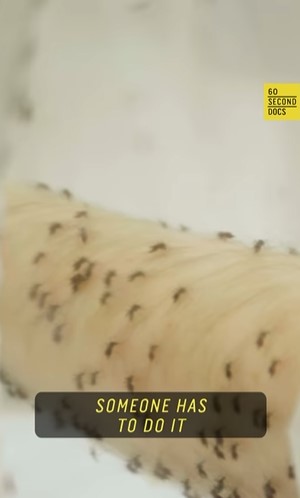
Dr. Perran Ross intentionally gets bitten by thousands of mosquitoes for science.
Many people consider Dr. Perran Ross's actions foolhardy, as he purposefully lets himself be bitten by thousands of mosquitoes every day. Others suggest that his actions are noble and necessary for scientific research.
Yes, you read that right. No one would want to be bitten by thousands of mosquitoes every day due to the health risks involved.
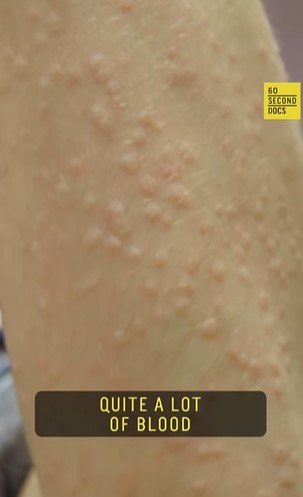
However, Dr. Perran Ross's actions are indeed noble. He lets himself be bitten by thousands of mosquitoes every day for the sake of science.
His work focuses on understanding these deadly insects, which are vectors for diseases like malaria, to better combat their impact on human health.
The science behind Dr. Perran Ross being bitten by thousands of mosquitoes every day.
Dr. Perran Ross is not just any biologist. His commitment to understanding mosquitoes goes beyond conventional research methods.
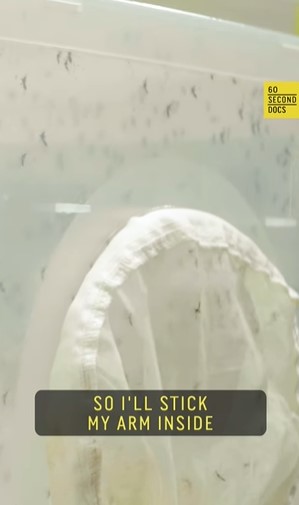
Ross's research aims to uncover vital information about their lifespan, behavior, and the bacteria they carry. This knowledge is essential for developing effective disease control and prevention strategies.
By allowing these insects to bite him, Ross ensures that they behave naturally, which is crucial for accurate scientific observations.
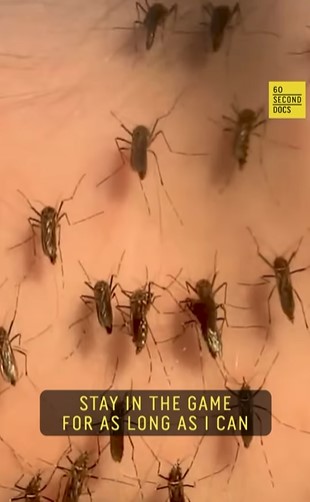
The process involves Ross placing his forearm into boxes filled with mosquitoes, allowing them to feed on his blood.
This method keeps the mosquitoes' behavior as natural as possible, which is critical for his studies. Feeding them artificially could alter their behavior and affect the research outcomes.
A significant part of Ross's research focuses on endosymbionts—organisms that live inside another, such as the bacteria in our gut.
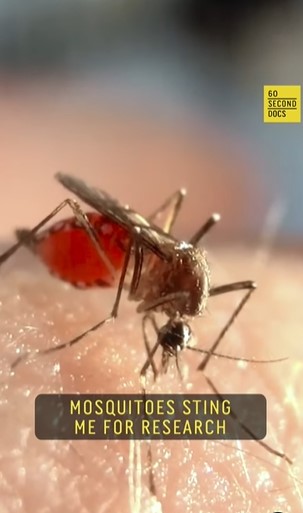
Understanding how these organisms can be used in pest and disease control programs is a major goal of his work. The insights gained from this research could lead to innovative ways to combat mosquito-borne diseases.
In a similar vein of confronting fears and misconceptions, another individual, Jack Schonhoff, has taken a unique approach to understanding black widow spiders.
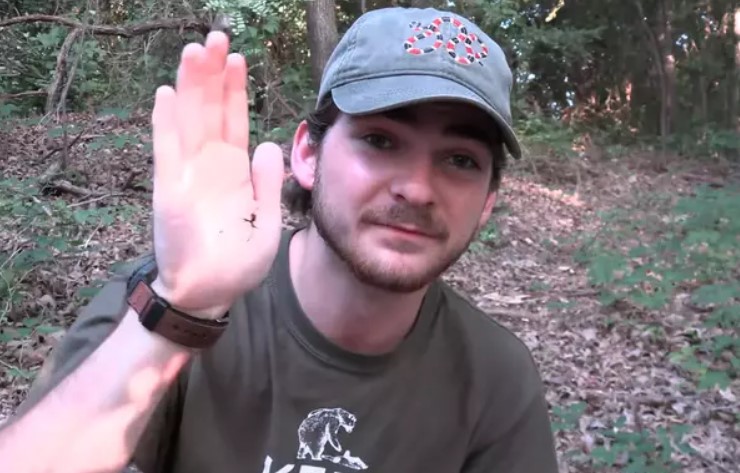
In the Youtube channel, Schonhoff subjected himself to black widow spider bites to debunk myths surrounding these creatures.
Contrary to popular belief, black widow spider bites are not typically fatal.
However, Schonhoff's experiment highlighted the severe pain and discomfort they can cause.

He experienced intense lower back pain for nearly two weeks following the bite, which he described as the most agonizing pain he had ever felt.
Despite this, his main objective was to raise awareness and dispel exaggerated fears about black widow spiders




